Event marketing is a potent tool for businesses to connect with their audience and boost sales. In today’s competitive landscape, live experiences like trade shows and conferences are vital for brand awareness and lead generation. According to recent data, 69% of B2B marketers find in-person events useful, with 73% viewing them as the most effective lead generation tactic. To succeed, focus on key elements to maximise engagement and ROI. Incorporate industry-relevant keywords into promotions for better visibility. Effective event promotions, using compelling messaging and visuals, drive attendance and generate excitement. Event management platforms streamline registration and communication. By investing in well-planned events, businesses create memorable experiences that foster long-term customer relationships and yield significant returns.
Know More About Event Marketing
- 5 Growth Marketing Strategies for 2024
- Top Marketing Strategies & Trends to Watch out for in 2024
- 4 Essential Insights to Supercharge Your Brand Marketing Strategy
- The Best Retail Marketing Strategies for 2024
Set Goals and Establish the Basics
1. Aligning with Business Goals:
Start by ensuring that your event marketing plan perfectly matches your business goals. This is crucial because it ensures that every action you take contributes directly to what your company aims to achieve. By aligning your strategy closely with your objectives, you make sure that every effort you put in serves a purpose and moves your business forward in the right direction. This harmony between your event marketing and business goals not only boosts efficiency but also helps amplify your impact, making sure that every step you take aligns with the broader vision of your organization.
2. Setting SMART Goals:
When planning an event, it’s crucial to establish SMART goals: Specific, Measurable, Achievable, Relevant, and Time-bound. These criteria provide a framework for setting objectives that are clear and actionable. Specific goals outline precisely what needs to be achieved, while measurability ensures progress tracking and evaluation. Achievability keeps goals realistic, preventing overwhelm or disappointment. Relevance ensures alignment with broader objectives, enhancing the event’s overall impact. Time-bound goals establish deadlines, fostering accountability and momentum. Setting SMART goals offers clarity and focus, guiding efforts towards meaningful outcomes that drive success in event planning, execution, and evaluation.
3. Understanding Your Audience:
Understanding your target audience is paramount for event success. By delving deep into who they are and their characteristics, you gain valuable insights to tailor your message effectively. Identifying diverse attendee personas allows for nuanced communication that resonates with each group. Whether it’s age demographics, interests, or preferences, recognizing these distinctions empowers you to craft personalized messaging strategies. This approach cultivates a stronger connection, fostering engagement and attendance. Moreover, it demonstrates a keen understanding of your audience’s needs and desires, ultimately elevating the overall experience and ensuring your event leaves a lasting impression.
4. Planning Budget and Time:
Figure out how much you can spend on your event and how much time you need to plan it properly. This way, you can make sure you’re using your resources wisely and giving yourself enough time to get everything done well.
Create a Content Strategy around the Event
1. Producing Engaging Content Across Platforms:
Creating engaging content across different platforms is crucial for audience connection. Tailor your message to resonate with their interests and use relatable language to captivate their attention. Understanding your audience’s preferences is essential for crafting content that hooks them in and keeps them engaged. Whether it’s through blogs, social media, or videos, ensure that your content is both relevant and compelling to maintain a strong connection with your audience.
2. Designing a Compelling Landing Page:
Your event’s landing page is like a digital storefront – it needs to be inviting and persuasive. Keep it simple, with clear information and a prominent call to action. Make sure it loads quickly and looks great on mobile devices, as many users access websites through their smartphones.
3. Creating a Content Calendar for Promotions:
Stay organized by planning your content. Map out posting frequency on the company blog, social media channels, and other platforms. This ensures a steady flow of updates leading up to the event. Tailor your content to each platform and keep it fresh to maintain audience interest.
Launch Timely Promotional Campaigns to Capture the Best Leads
Planning an event is one thing, but getting people to attend is another challenge altogether. To ensure your event is a success, you need a solid marketing strategy to spread the word and generate excitement. Here are some effective event marketing strategies to help you maximise attendance:

1. Make the Most of Social Media and Influencers:
Incorporating influencer marketing into your event marketing strategy can significantly amplify your reach and engagement. Utilise various social media platforms as potent avenues to connect with your audience. Collaborating with influencers who align with your event’s theme and resonate with your target demographic can exponentially expand your event’s visibility. These influencers possess the ability to authentically promote your event to their followers, tapping into networks you might not otherwise reach. Craft compelling posts, employ interactive contests, and leverage trending hashtags to captivate your audience’s interest. By integrating influencer marketing tactics, you can enhance brand awareness and foster excitement surrounding your event.
2. Get Noticed with a Press Release:
Local media can give your event a big boost. Write a compelling press release highlighting what makes your event special. Send it to newspapers, websites, and bloggers in your area. If they cover your event, it can create a buzz among the locals.
3. Use email marketing to generate excitement and FOMO:
Email marketing remains a highly effective event marketing strategy. Keep potential audiences excited about your event by sending regular updates and exclusive offers via email. Consider offering early bird discounts or exclusive perks to encourage sign-ups. Ensure that your emails are friendly, informative, and visually appealing to grab attention and drive engagement.
4. Show Off with Videos and User Content:
People love visuals! Create a short video showcasing what your event is all about. Share it on social media and encourage attendees to do the same. User-generated content adds authenticity and can attract more people to your event.
Focus on Email Drip Campaigns
1. Craft Engaging Emails to Nurture Leads:
Start by creating a sequence of interesting emails that guide your leads through their journey. Introduce your brand, share product benefits, and offer special deals. Each email should provide value and keep your leads interested.
2. Personalize and Segment Your Emails:
Make your emails feel personal by using your leads’ names and targeting their interests. Divide your audience into groups based on their preferences and behaviors. This way, you can send relevant content that resonates with each group.
3. Measure and Improve Your Campaigns:
Keep an eye on how your emails are performing. Check metrics like open rates and clicks to see what’s working and what’s not. Use this data to tweak your emails and make them even better.
Expanding Your Brand’s Reach through Social Media
1. Connect on Social Platforms:
Start by figuring out where your audience hangs out online. Platforms such as Facebook, Instagram, Twitter, and LinkedIn are popular in India. Choose the ones where your potential customers are most active and create engaging content tailored to each platform.
2. Share Stories from Your Fans:
Encourage your customers to share their experiences with your products or services. People trust recommendations from their peers, so showcasing user-generated content like reviews, testimonials, or photos can build trust and credibility for your brand.
3. Be Responsive and Friendly:
When people comment or message you, make sure to respond promptly. Show them you care about their opinions and are there to help. This builds trust and loyalty among your audience.
Using social media wisely, you can connect with your target audience, build trust with user-generated content, and foster meaningful relationships with your customers, helping your brand grow in a competitive market.
Engage Specific Sponsors
1. Identifying Potential Sponsors:
Start by looking for sponsors who share your audience’s interests. Do some research to find companies or brands that have a similar vibe to your event. Look for businesses that your attendees would naturally connect with. Finding sponsors who “get” your event can make all the difference.
2. Offering Unique Brand Opportunities:
Once you’ve found potential sponsors, create special packages just for them. Think about what they’d love to do at your event to showcase their brand. Offer them chances to set up booths, run activities, or give out branded goodies. The more creative and personalized you can make it, the better.
3. Measuring Sponsorship Success:
After the event, take a look at how your sponsorships performed. Check how many people saw their brand, how engaged the attendees were, and if they got any new leads. Also, ask your sponsors and attendees for feedback. Use what you learn to make your sponsorships even better next time. It’s all about making sure both you and your sponsors get the most out of the partnership.
Setting KPIs for Effective Event Marketing
1. Defining Key Performance Indicators (KPIs):
Begin by defining what success looks like for your event marketing efforts. Choose Key Performance Indicators (KPIs) that resonate with your objectives, such as increasing attendance, boosting brand visibility, or driving conversions. Clear goals make it easier to track progress and steer your strategy in the right direction.
2. Data Analysis for Strategy Optimization:
Dive into the numbers to fine-tune your approach. Analyze attendee engagement, social media reach, website visits, and leads generated. This data holds the clues to what’s working and what needs adjustment. By regularly reviewing insights, you can optimize your strategy for better results, whether refining promotional tactics or targeting the right audience.
3. Establishing Benchmarks for Future Growth:
Keep the momentum going by setting benchmarks based on your past achievements and industry standards. These benchmarks act as guideposts, helping you measure progress and identify areas for improvement. Each event is an opportunity to learn and grow, so use feedback and insights to refine your strategy for even greater success in the future.
Case Study of JioMart’s “Scorching Summer Sale” Event Marketing Campaign:
JioMart, India’s popular online grocery platform, hosts the “Scorching Summer Sale” during the hot months of summer in India. They offer discounts on summer essentials like beverages, ice creams, and clothing.
Social Media Buzz: JioMart announces the sale on Facebook, Instagram, and Twitter with catchy posts to get people excited.
Email Promotions: They send custom emails to subscribers with special deals, to show them the benefit of staying on as a subscriber.
Influencer Collabs: JioMart partners with influencers who share about the sale to their followers, expanding the reach.
Fun Contests: They run contests on social media for engagement, giving prizes to winners.
Easy Shopping: JioMart ensures a smooth shopping experience on its website and app, making it easy to buy.
Key Takeaways:
- Time It Right: Launch campaigns when they’re most relevant, like during the summer.
- Personalise: Customise offers based on customer preferences.
- Use Influencers: Collaborate with influencers to reach more people.
- Engage: Host interactive contests to keep customers engaged.
- User-Friendly: Make shopping easy and convenient for customers.
All in all, crafting a successful event marketing strategy hinges on understanding your audience and delivering what they seek. By aligning event goals with business objectives, crafting engaging content, and leveraging social media and sponsorships, you can elevate your events. Remember, clarity in goals, data analysis, and continuous improvement are key. These steps will ensure that your events resonate with audiences, leaving a lasting impact and driving brand success. Start now to captivate and connect with diverse markets!
FAQs for Creating a Successful Event Marketing Strategy
What is event marketing, and why is it important?
Event marketing involves promoting products, services, or brands through live experiences such as trade shows, conferences, and gatherings. It’s crucial for businesses because it allows direct engagement with people, builds brand awareness, and boosts sales.
How do I align my event marketing plan with my business goals?
Start by ensuring that your event marketing plan is in line with your overall business objectives. Every effort you put in should contribute to achieving what your company aims for.
What are SMART goals, and why are they important in event marketing?
SMART goals are Specific, Measurable, Achievable, Relevant, and Time-bound. Defining SMART goals for your event helps provide clarity and directs your efforts toward achieving tangible results.
How can I understand and connect with my target audience?
To understand your audience, identify different types of people who might attend your event and tailor your marketing efforts to speak directly to them. Research their preferences, interests, and demographics.
What are some key performance indicators (KPIs) for evaluating event marketing success?
Define KPIs that resonate with your objectives, such as increasing attendance, boosting brand visibility, or driving conversions. Analyse data to optimise your strategy and establish benchmarks for future growth based on past achievements and industry standards.
Ready to take your brand to the next level? Connect with us today to explore how HT Media can amplify your presence across our diverse portfolio of 25+ brands and properties. Let's turn your brand vision into reality!

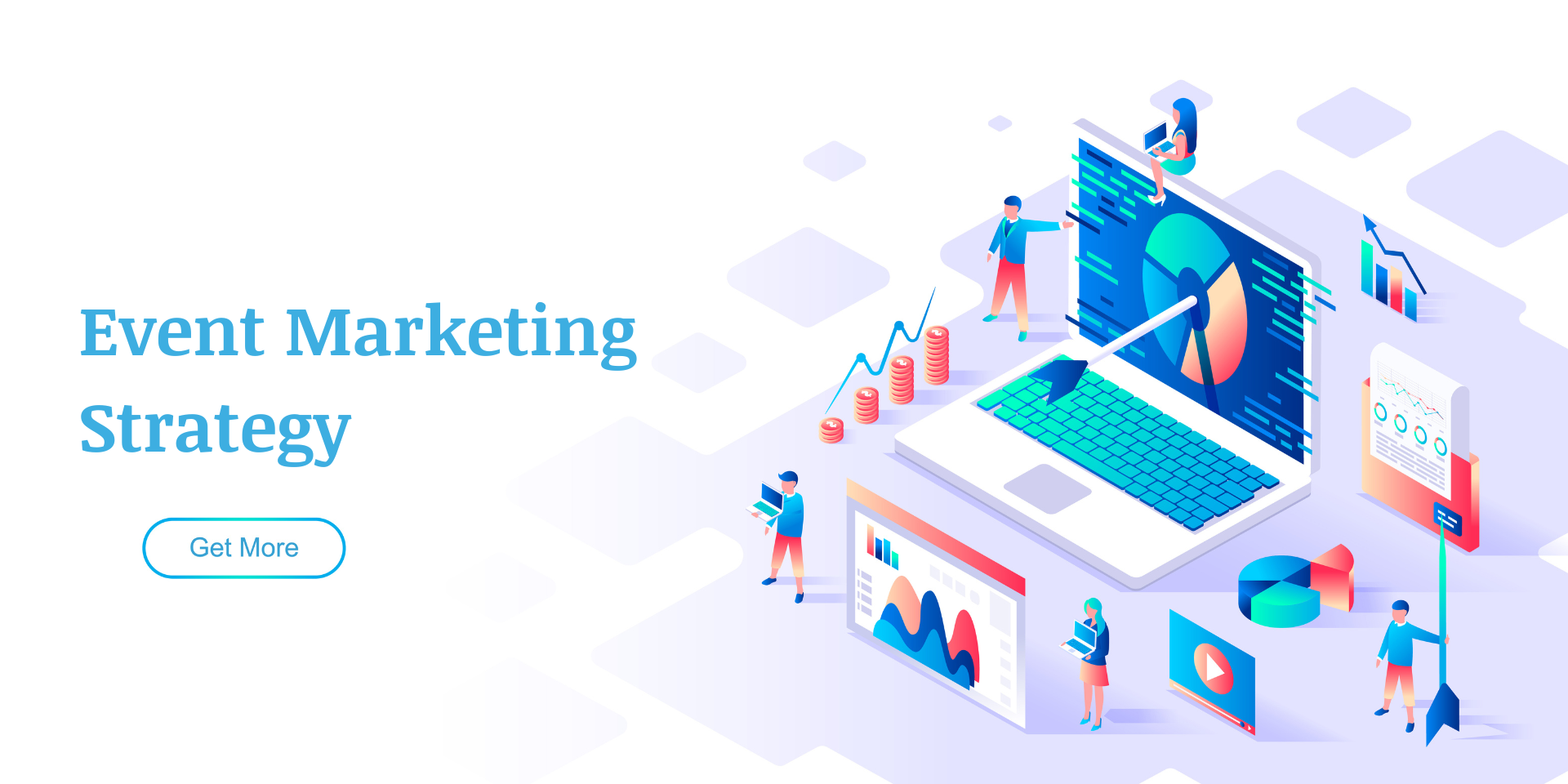

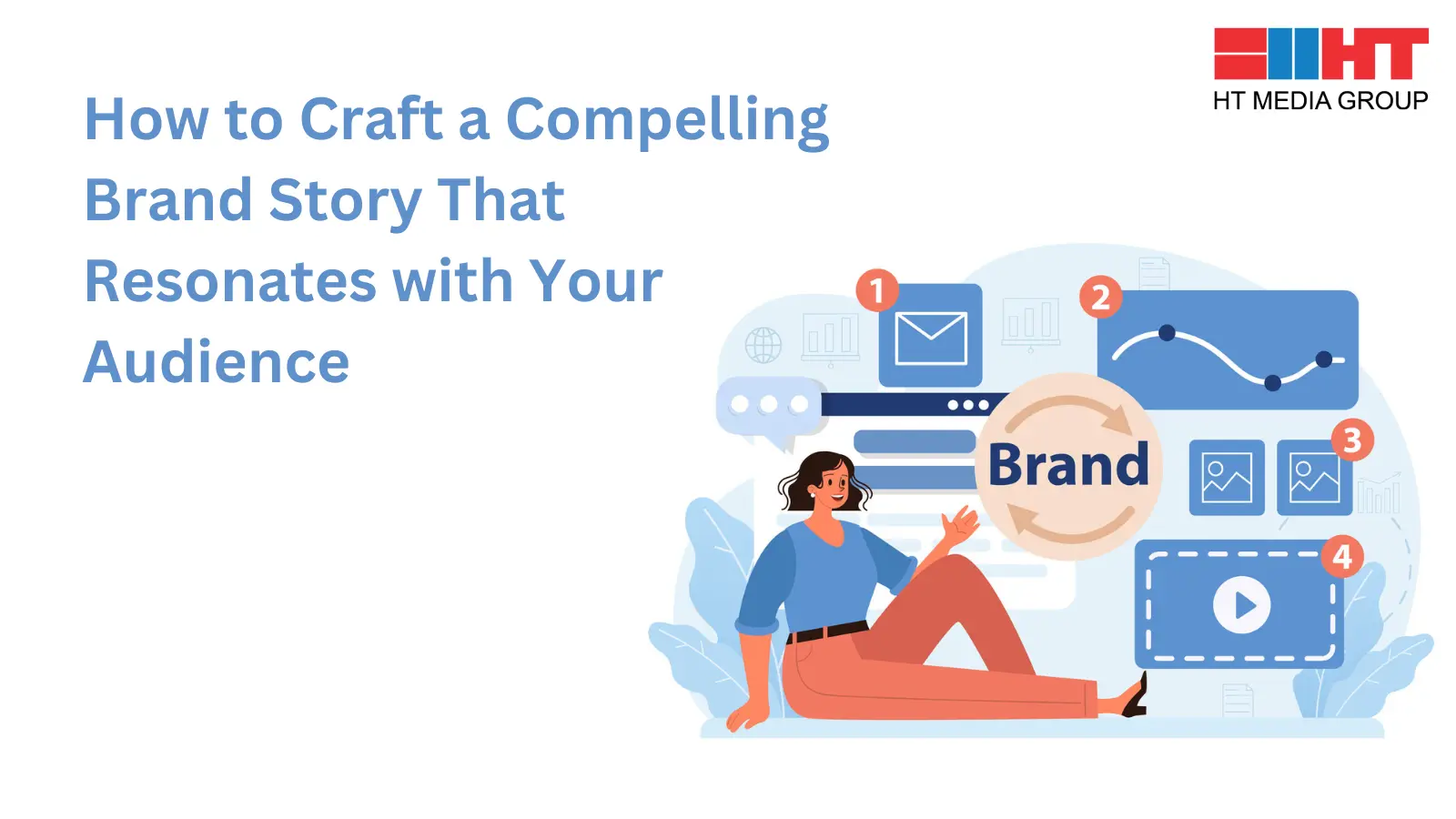






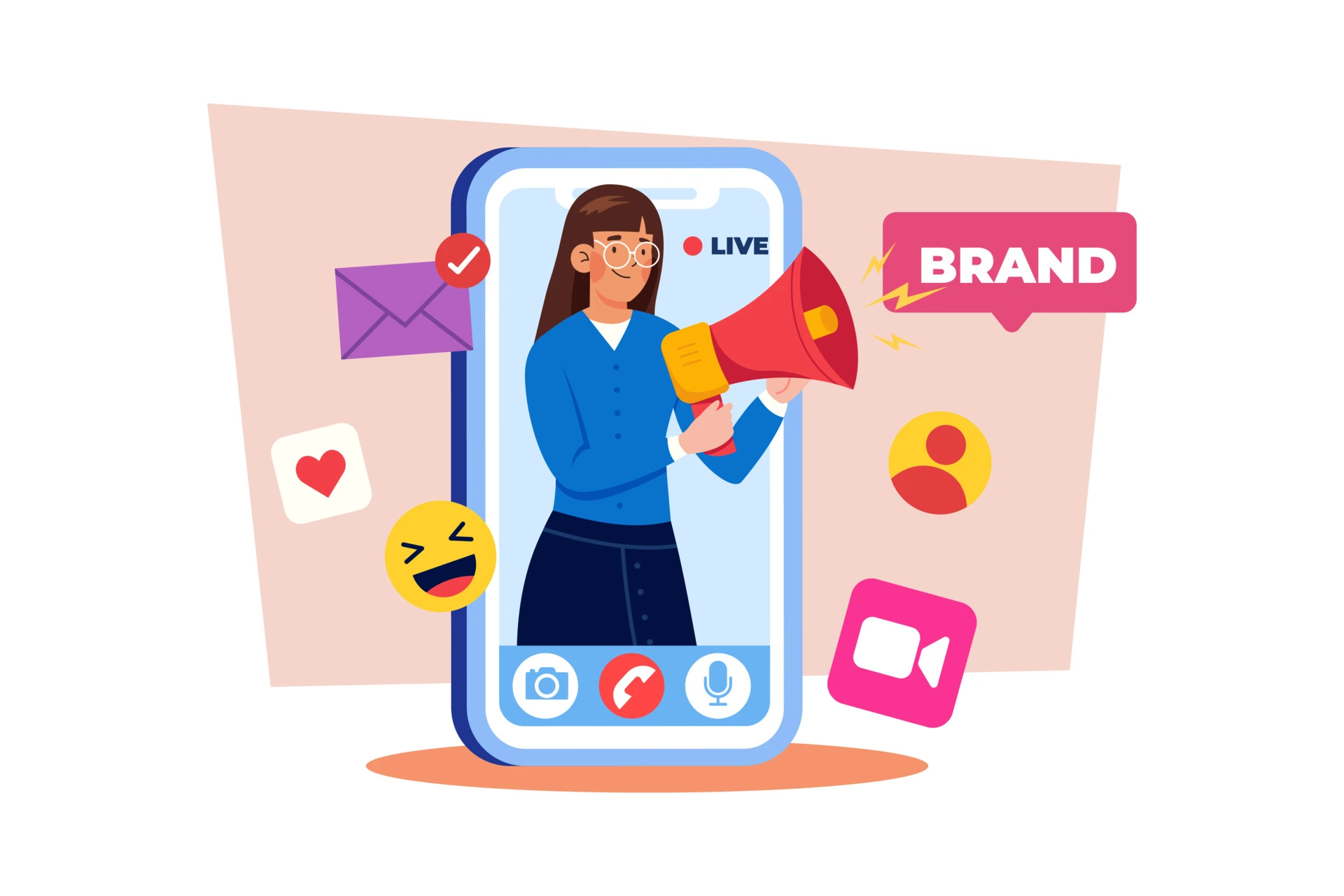

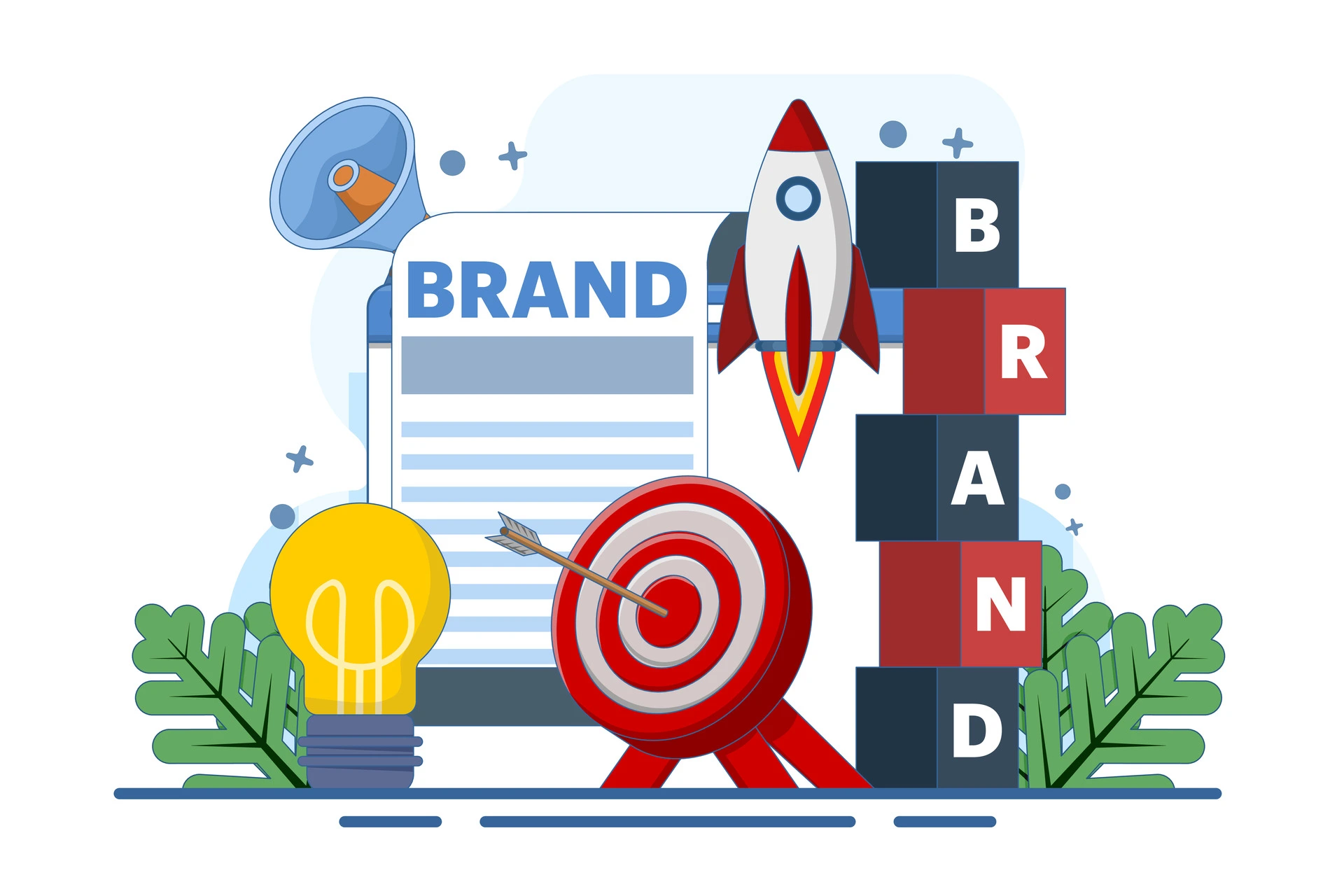

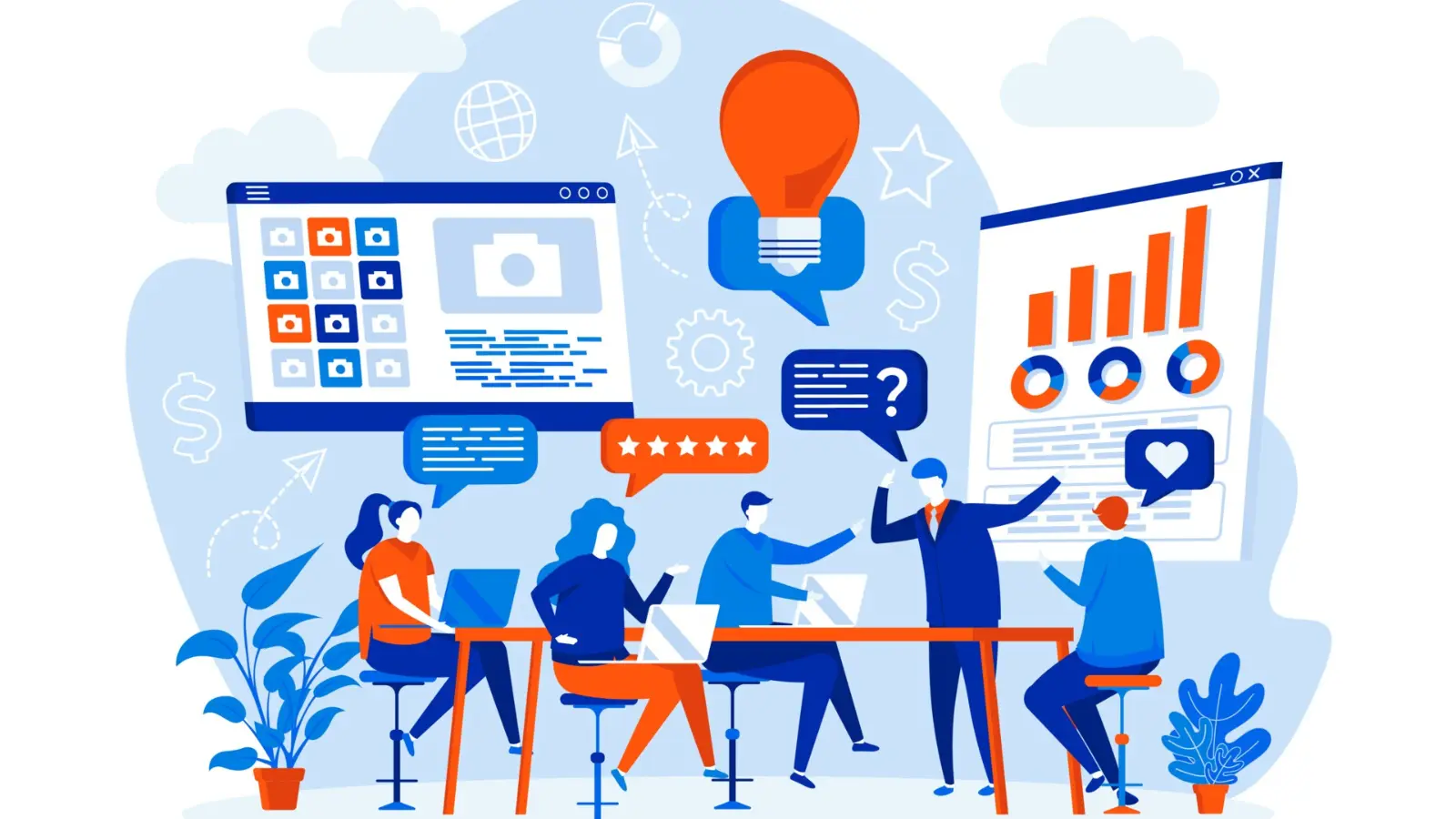

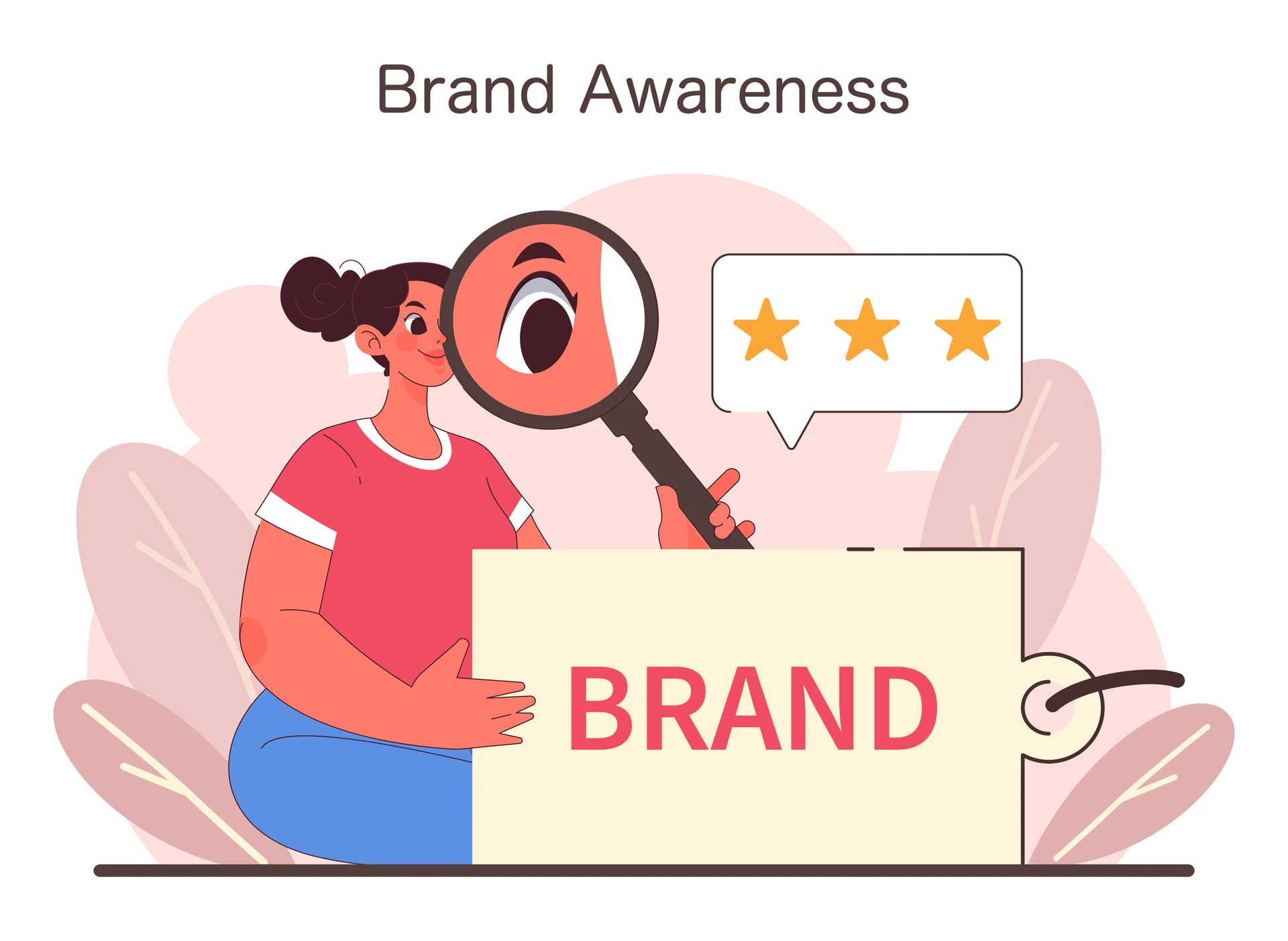

Comment